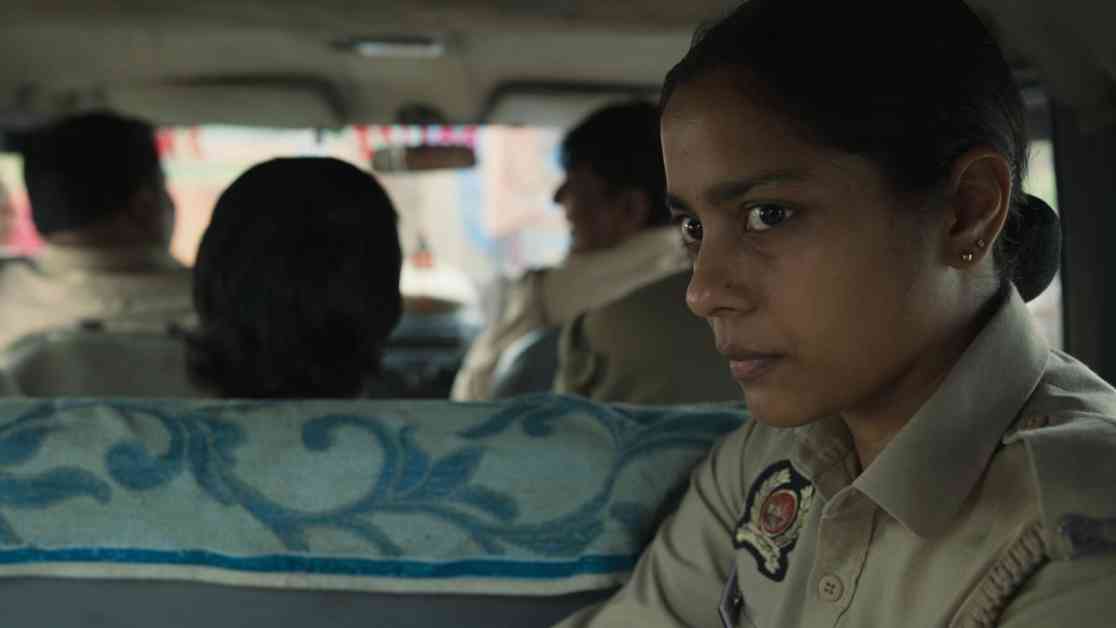Santosh: A Personal Story with a Universal Critique
In a groundbreaking move, the Hindi-language film Santosh, directed by British Indian filmmaker Sandhya Suri, has been selected as Britain’s official entry for the Oscars in the Best International Feature Film category. This powerful film sheds light on systemic corruption, gender inequality, and caste-based oppression in contemporary India, particularly focusing on the struggles faced by Dalit women. Santosh made its debut in the Un Certain Regard section of the Cannes Film Festival earlier this year and has since garnered critical acclaim for its poignant storytelling and social commentary.
What Works
Culturally and Socially Relevant Themes: Santosh fearlessly delves into the harsh realities experienced by Dalit women, portraying the injustices and dehumanizing conditions they endure. Through scenes depicting caste-driven violence and exploitation, the film shines a light on the vulnerability of women from marginalized communities.
Powerful Character Arc: The protagonist, Santosh, portrayed by Shahana Goswami, embarks on a transformative journey from a believer in justice to a determined advocate fighting against injustice. Her portrayal captures the essence of vulnerability, strength, and resilience, adding depth to the narrative.
Authentic Performances: Shahana Goswami’s nuanced performance as Santosh resonates with viewers, showcasing a range of emotions from despair to defiance. The mentorship dynamic between Santosh and her senior officer, played by Sunita Rajwar, adds layers of complexity to the characters and their relationship.
Unflinching Visual Storytelling: Sandhya Suri’s direction vividly captures the oppression faced by marginalized communities through striking cinematography. The raw and haunting imagery in the film drives home its themes while maintaining a focus on Santosh’s personal journey.
Empowering Conclusion: The film’s conclusion, where Santosh chooses to fight for justice as a civilian, delivers a poignant and empowering message. Her symbolic gestures of solidarity with the oppressed highlight her commitment to a cause beyond institutional boundaries.
What Needs Work
Despite its strengths, Santosh faces some challenges in pacing and narrative flow, with certain scenes feeling prolonged, potentially testing the patience of viewers. Key relationships in the film, such as the one between Santosh and her mother-in-law or her senior officer, could benefit from further exploration to add depth to the story.
While Santosh’s narrow focus on the protagonist’s journey is a strength, some viewers may find themselves wanting a broader societal critique similar to films like Article 15 or Manjhi. The film’s limited scope in resolution, while impactful, may leave some seeking a more extensive commentary on systemic issues.
In conclusion, Santosh is a compelling and thought-provoking film that challenges societal norms and celebrates individual resilience. Despite its minor shortcomings, the film’s emotional depth, outstanding performances, and bold commentary make it a standout contender for the Oscars. Santosh invites viewers to reflect on the complexities of justice, oppression, and transformation in a world where the marginalized continue to fight for their voices to be heard.














